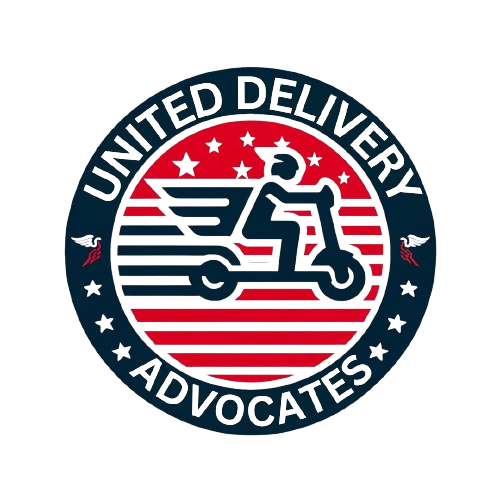In today’s rapidly evolving economy, the gig workforce has become a crucial component, offering flexibility and opportunities to millions. However, beneath the surface of this seemingly convenient employment model lie numerous hidden costs that affect gig workers financially, physically, and emotionally. This reality underscores the essential role of organizations like United Delivery Advocates (UDA) in fighting for a fairer and more sustainable gig economy.
The Financial Instability of Gig Work
Gig workers often enjoy the perk of setting their own schedules, but this flexibility comes at a steep price. Income variability is a significant challenge, with many gig workers unable to predict their earnings from week to week. This uncertainty makes it difficult to budget and plan for future expenses, leading to financial instability. For example, a study found that 68% of gig workers experience fluctuating monthly incomes, which can make it nearly impossible to manage finances effectively.
Moreover, gig workers are typically responsible for their own taxes, retirement plans, and other financial obligations that are usually managed by employers in traditional jobs. This not only adds an extra layer of complexity to their financial management but also places an additional financial burden on them.
Lack of Benefits and Job Security
Unlike traditional employees, gig workers are often classified as independent contractors, which excludes them from crucial benefits such as health insurance, paid leave, and workers’ compensation. This lack of standard benefits can have devastating effects, especially in times of health crises or economic downturns. The absence of a safety net means that many gig workers are just one illness or injury away from a financial disaster.
Job security is another critical issue. Gig workers can be deactivated from their platforms without clear reasons or recourse, leading to sudden job loss and income disruption. This precarity adds to the stress and anxiety many gig workers face, further exacerbating their challenges.
Health and Safety Concerns
Gig workers, particularly those in delivery and transportation, face higher rates of workplace injuries compared to traditional workers. Despite the risks, they often lack adequate protection and insurance, leaving them vulnerable to both physical harm and financial difficulties arising from injuries.
Mental health is also a significant concern. The stress of unpredictable work schedules, financial instability, and lack of job security contribute to higher rates of anxiety and depression among gig workers. The isolation that often comes with gig work can further compound these mental health issues.
The Critical Role of United Delivery Advocates
This is where United Delivery Advocates steps in. As an organization committed to empowering and protecting gig workers, UDA plays a vital role in advocating for better compensation, benefits, and working conditions. By pushing for fair pay standards, safety regulations, and legal recognition, UDA seeks to address the myriad of challenges gig workers face.
UDA’s efforts include advocating for:
- Fair Compensation: Ensuring gig workers receive fair wages and compensation for all aspects of their work, including wait times and cancellations.
- Health and Safety Protections: Pushing for necessary safety standards and insurance coverage to protect gig workers from workplace hazards.
- Benefits and Social Safety Nets: Working towards securing essential benefits like health insurance and paid sick leave, which are fundamental to workers’ stability and well-being.
- Legal Recognition and Rights: Advocating for appropriate employment classifications that provide gig workers with similar protections and benefits as traditional employees.
